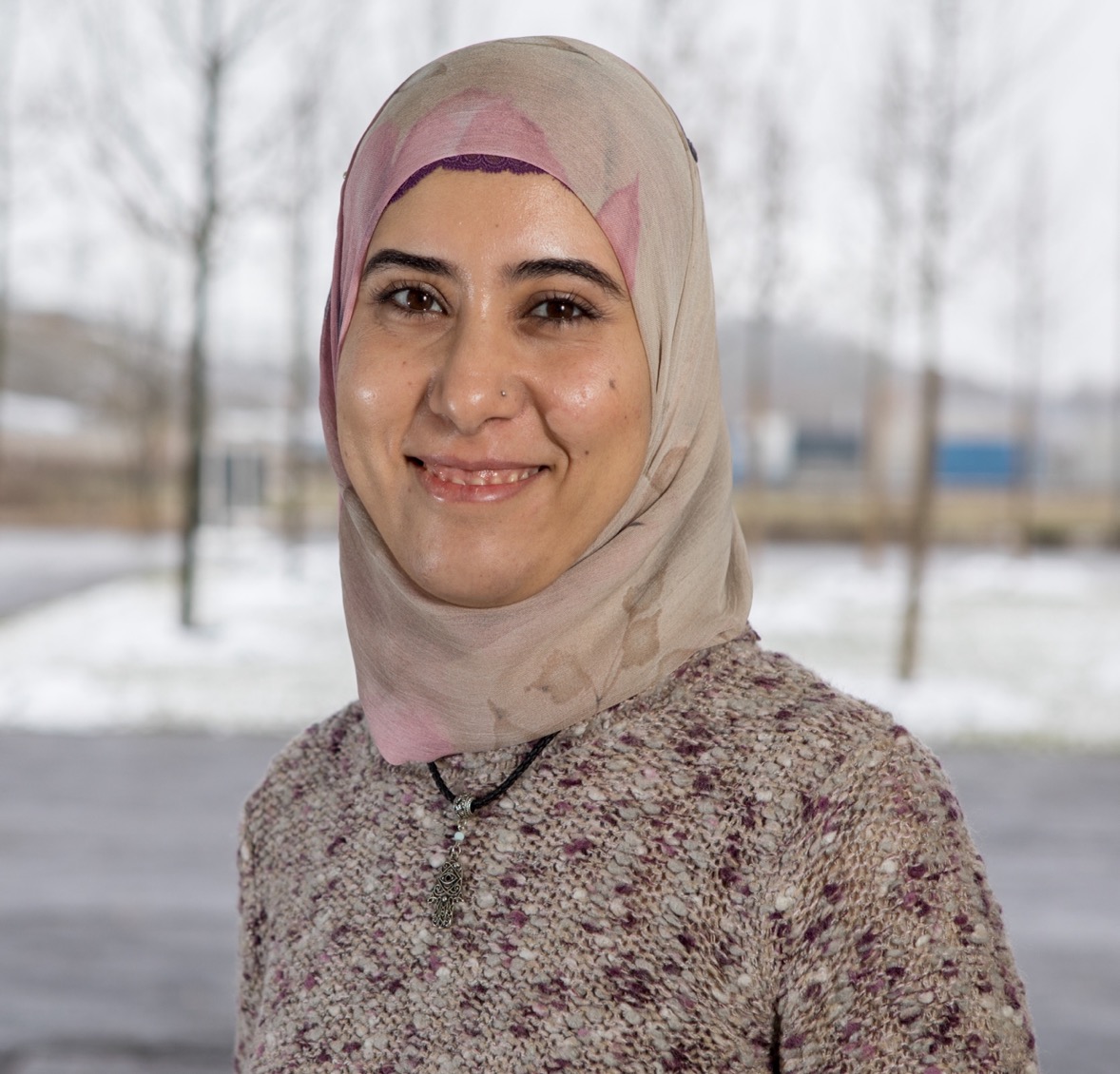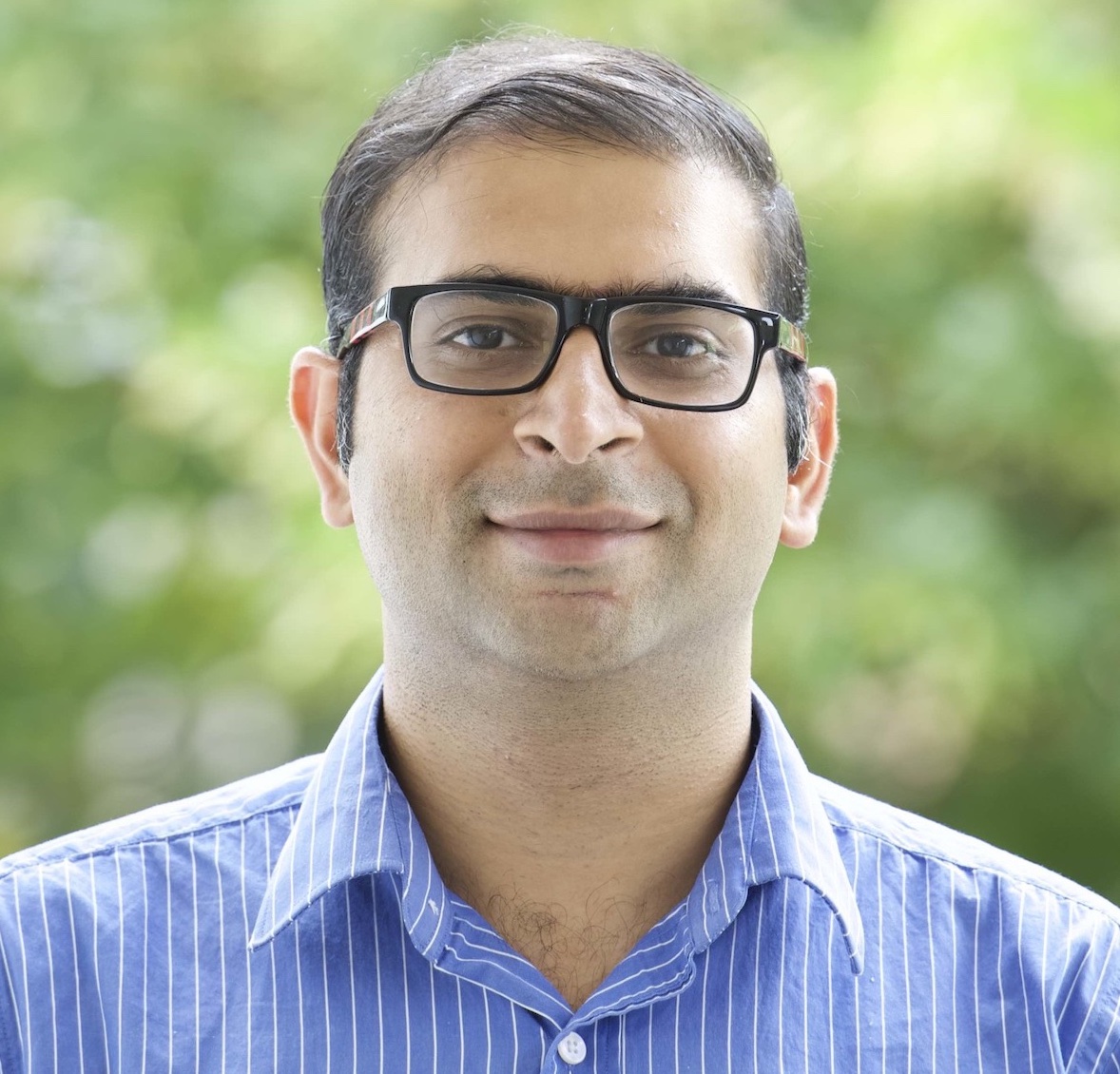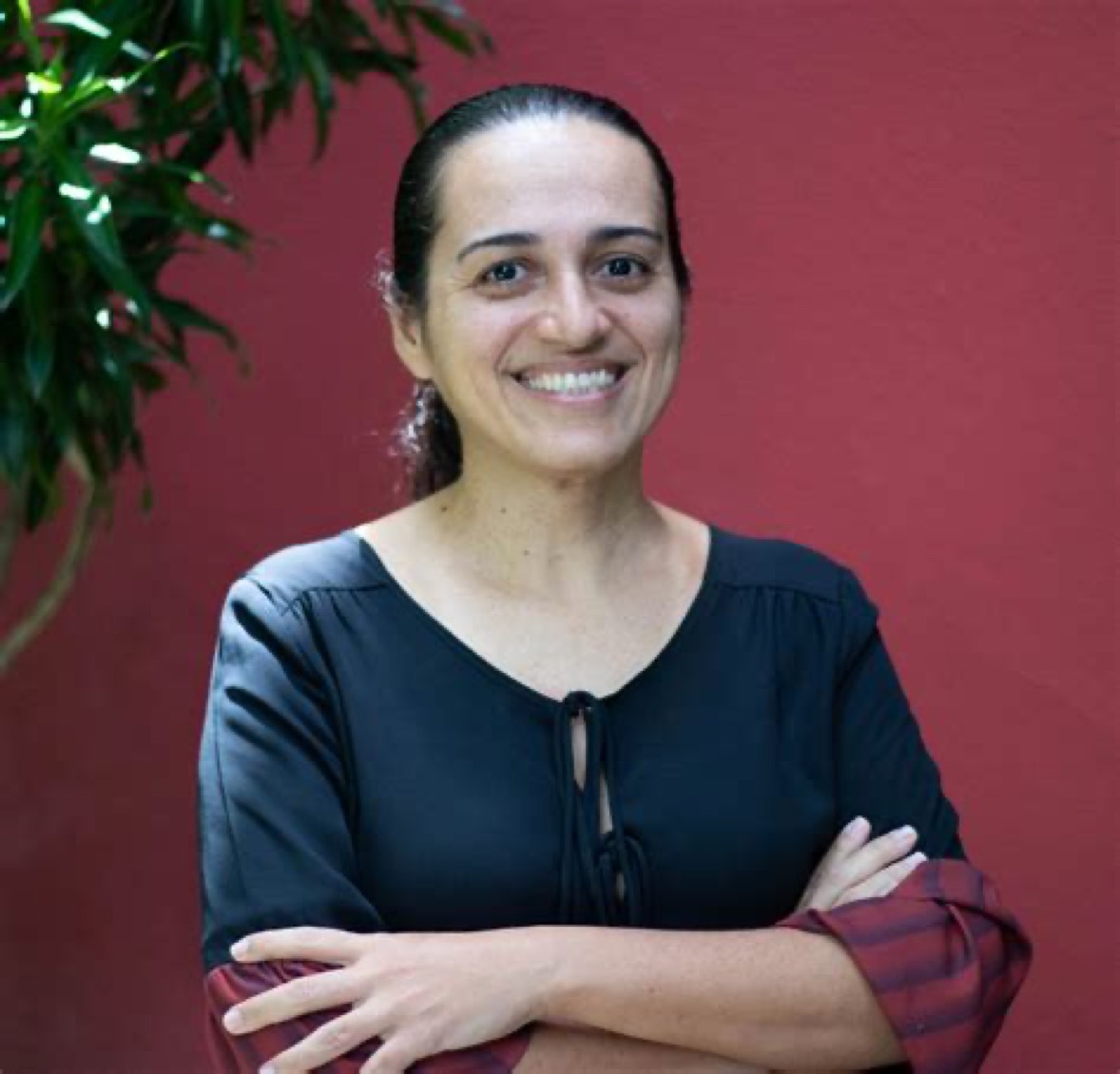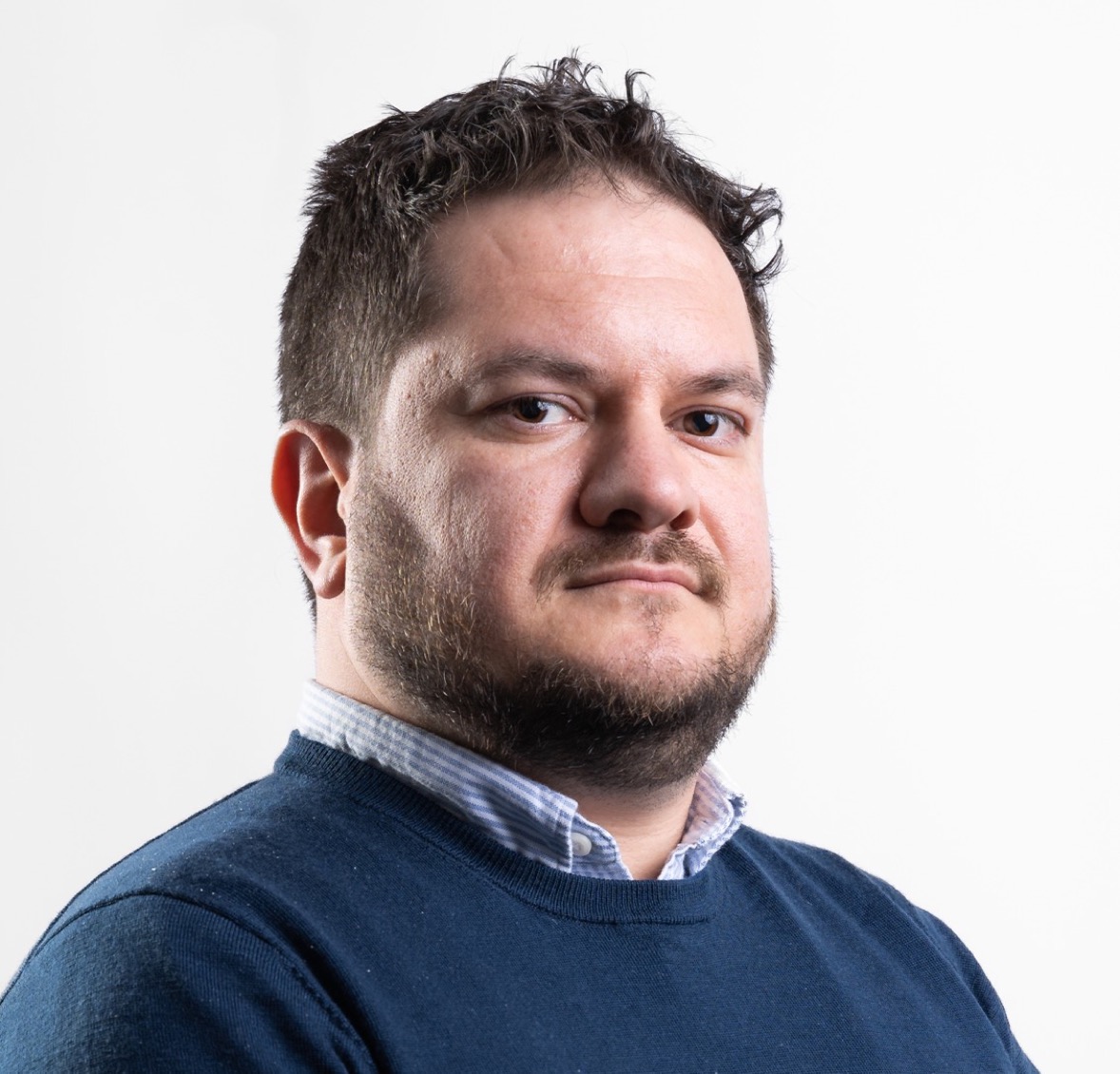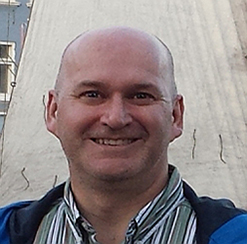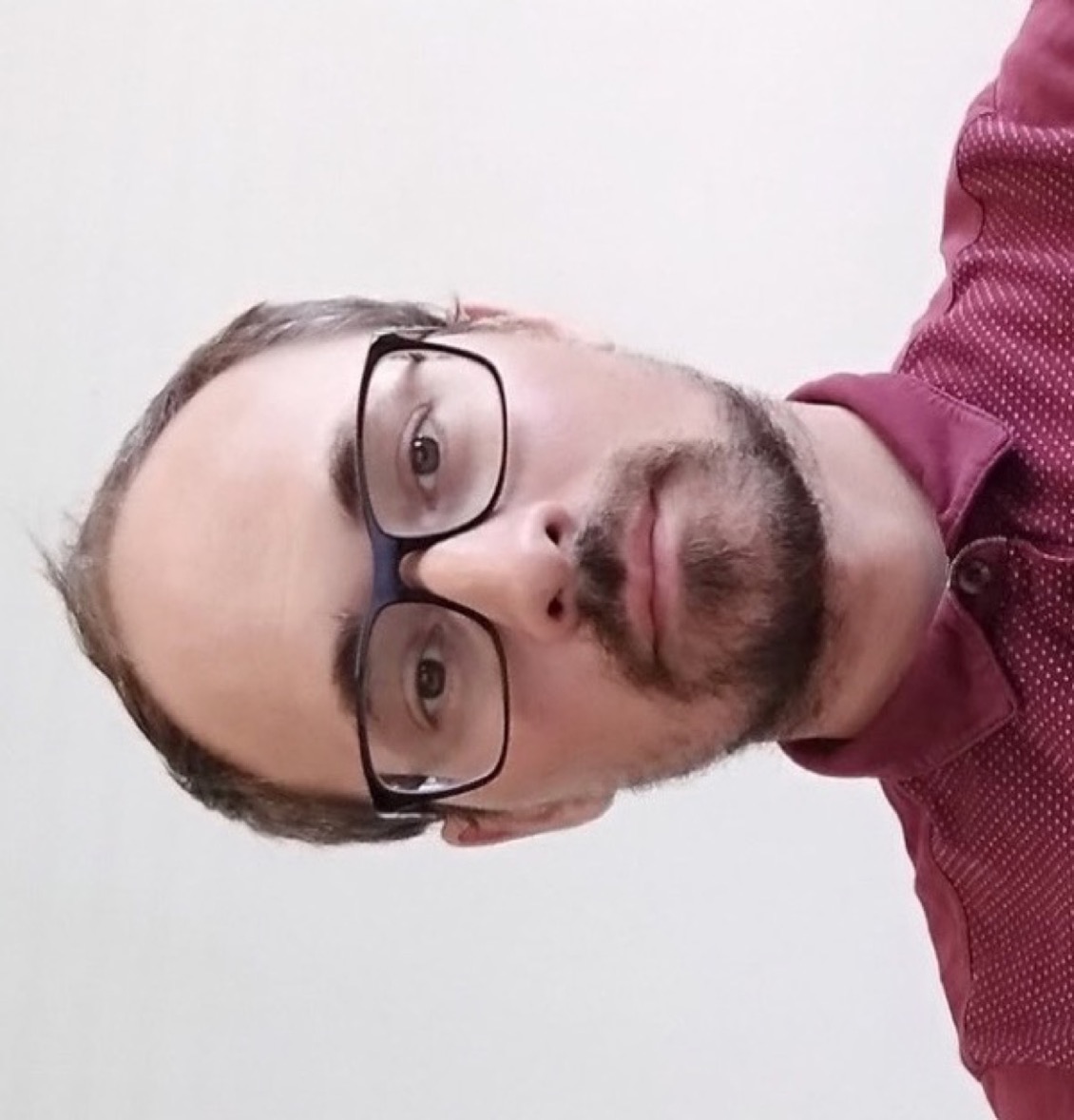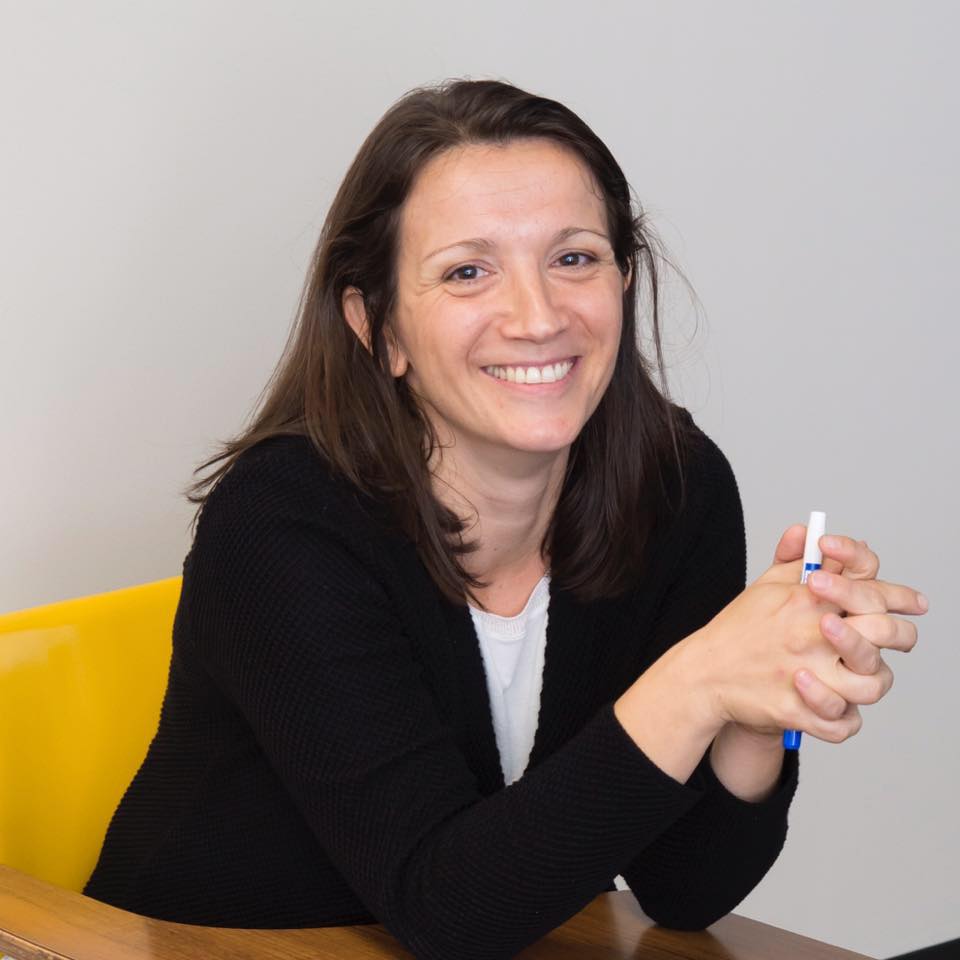Keynote

Prof. Ben Hermann
Universität Stuttgart
(Germany)
What We Learned in 15 Years of Artifact Evaluation
Abstract: In 2011, ESEC/FSE piloted a radical experiment: asking authors to submit more than just a 10-page PDF. It was a response to a growing realization that the soul of software engineering research—the code, the data, and the experimental setups—was being lost in translation to prose. What began as a small pilot has since evolved into a cornerstone of the peer-review process across the Computer Science landscape, redefining the "gold standard" for Programming Languages and Software Engineering research. In this talk, I reflect on 15 years of Artifact Evaluation. How we moved beyond the initial "reproducibility crisis" to the current state of the practice, guided by longitudinal data and the evolving criteria of our committees. We dive into the inherent tension between making an artifact run exactly as it did for the paper (reproducibility) and making it useful for future researchers (reusability). Using insights from over a decade of submissions, we categorize the diverse types of artifacts—from Dockerized environments to raw datasets—and analyze which formats best resist "artifact rot." What we still don't know: Why do some artifacts disappear within years while others become foundational? I am happy to take your input on this! Ultimately, I argue that while the landscape has shifted from "trust me" to "show me," the journey toward truly sustainable and reusable open science is only just beginning.
Bio: Ben Hermann is a full professor for Secure Software Engineering at Universität Stuttgart. He previously served as a professor at Technische Universität Dortmund (2020-2026) and held an interim professorship in IT security at Paderborn University (2019-2020). He earned his doctorate from Technische Universität Darmstadt in 2016, focusing on static analysis and security research. His research interests span the intersection of programming languages and security, including vulnerability detection, library risk assessment, type system security, and language-based security approaches. Before academia, Hermann spent five years as Chief Architect at a-tune software AG, where he led development of enterprise software for regulated environments.
